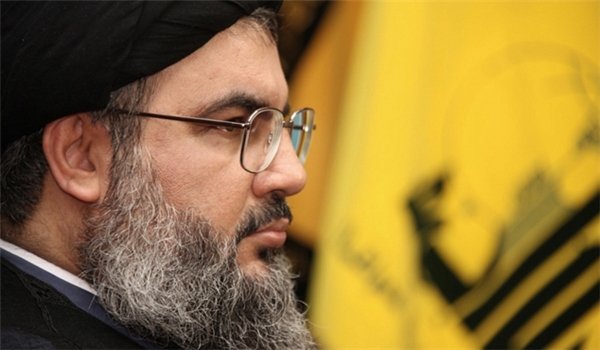Instagram Closes Sayyed Nasrallah’s Account for Second Time

The social media company said it closed the account of the Lebanese resistance leader, which has over 9,000 followers, on the pretext of expanding its specialist teams to monitor extremist content.
Instagram first forced Nasrallah off its network more than three months ago. This time, though, the decision to close it again came after the popular page published a material about Imam Mousa Sadr, the former leader of the Lebanese resistance, who went missing back in August 1978 in Libya under suspicious circumstances.
Instagram, Twitter and other tech companies have long policed their content for signs of extremism. Until recently they have not been willing to discuss the details of their policies or procedures, which have been viewed as controversial because of the complex and political nature of the judgments behind removing messages.
But Western and Israeli politicians increasingly have applied pressure on US technology firms like Facebook, Twitter and Instagram to become more of an active partner in their fight against the popular resistance groups in places like Lebanon and occupied Palestine. So far, Silicon Valley appears to be receptive.
This is while Twitter and Instagram claim to be free and international, allowing anyone to sign up for an account and post what they please, which has made it an attractive recruiting tool for the terrorist group of ISIL with thousands of open accounts already.
However, Instagram still refuses to explain why it has decided to close the page linked to the Lebanese Hezbollah leader, whose fighters are battling the terrorist and extremist outfits in Syria in alliance with Iran, Syria and Russia.
In its statement on Friday, Twitter said “there is no ‘magic algorithm’ for identifying terrorist content on the internet. Global online platforms are forced to make challenging judgment calls based on very limited information and guidance.”
Those still interested in following news and speeches by the Hezbollah leader can join his new channels on Telegram at http://telegram.me/nasrollahir and on Instagram at nasrollah.







